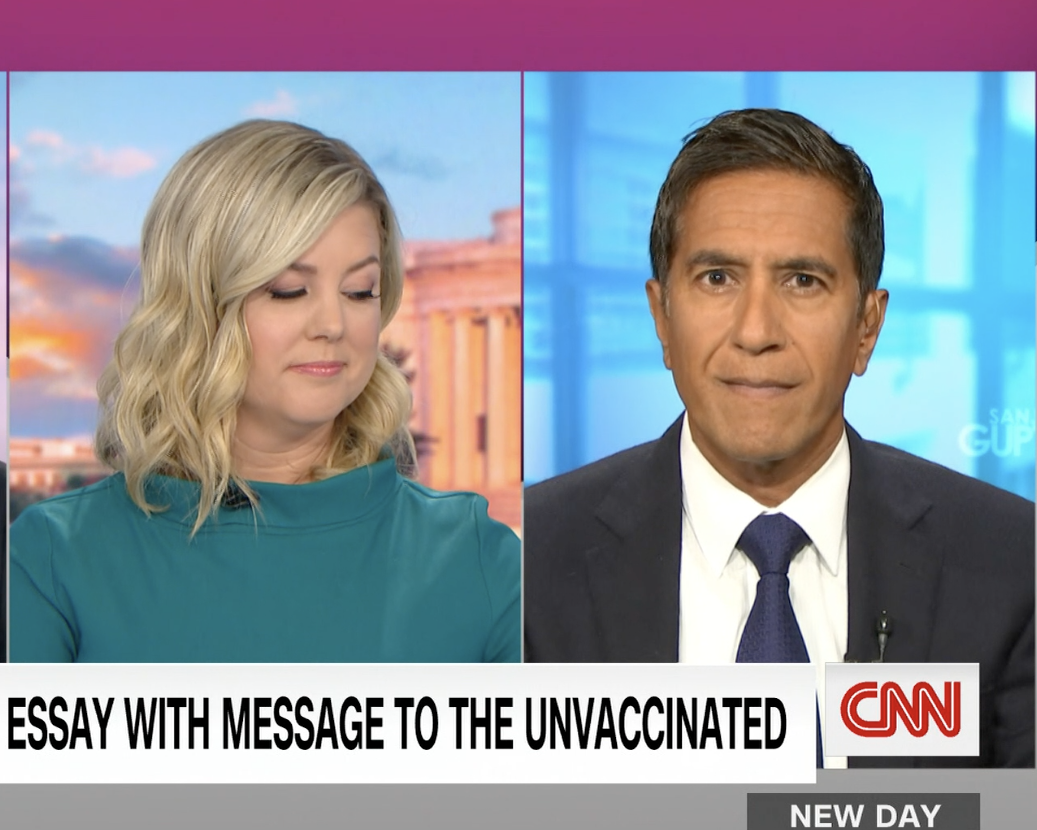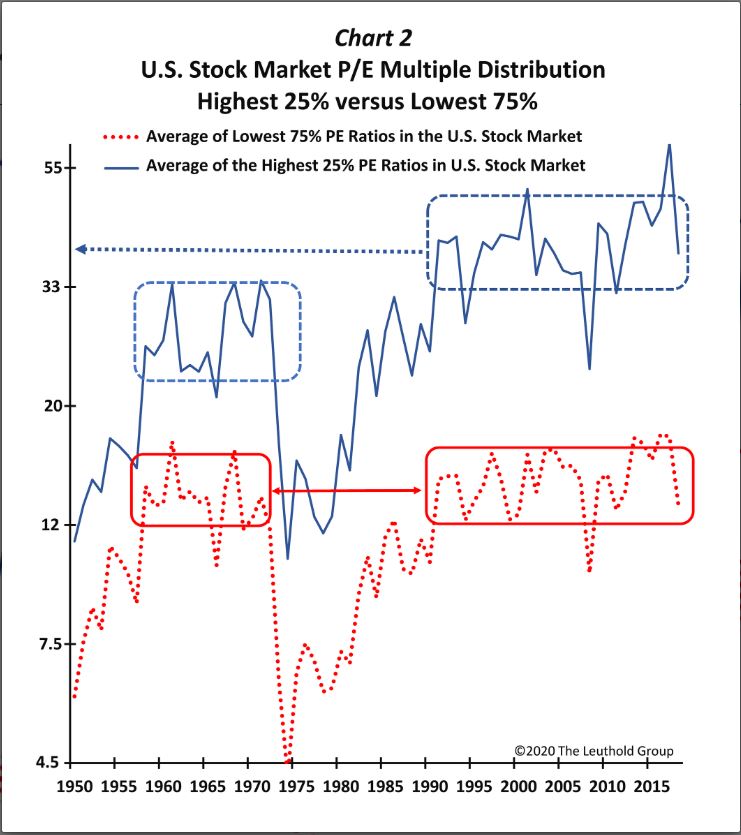Are Food Dyes Being Banned? Dr. Sanjay Gupta Explains

Table of Contents
The Current Status of Food Dye Regulations
The regulatory landscape surrounding food dyes varies significantly across countries. In the United States, the Food and Drug Administration (FDA) approves the use of certain artificial food dyes, subject to stringent testing and approval processes. The European Food Safety Authority (EFSA) operates similarly within the European Union, implementing its own set of regulations and approvals. These regulations are constantly under review and subject to change.
- Approved Dyes: Both the FDA and EFSA maintain lists of approved artificial food dyes, which include Yellow 5 (Tartrazine), Yellow 6 (Sunset Yellow FCF), Red 40 (Allura Red AC), and Blue 1 (Brilliant Blue FCF), among others. The specific permitted dyes and their usage levels can differ between regions.
- Recent Changes: Over the years, there have been instances where dyes have been banned or their usage restricted due to safety concerns or lack of sufficient data supporting their safety. These changes are often influenced by new research and public pressure.
- Ongoing Debates: The ongoing debate centers around the long-term effects of these dyes, with some advocating for stricter regulations or even complete bans on specific dyes considered more problematic.
Health Concerns Associated with Artificial Food Dyes
Several studies have linked artificial food dyes to potential health risks, particularly in children. While the research is ongoing and not always conclusive, some potential concerns include:
- Hyperactivity: Some studies suggest a correlation between artificial food dye consumption and increased hyperactivity in children, although the results have been inconsistent and the causal link remains debated.
- Allergies: Certain artificial food dyes can trigger allergic reactions in susceptible individuals, ranging from mild skin rashes to more severe symptoms.
- Other Potential Long-Term Effects: Concerns exist regarding potential long-term effects, including the possibility of carcinogenic properties, although much of the research is still in its early stages, requiring further investigation to reach definitive conclusions.
Examples include studies published in journals like The Lancet which explored the link between certain food dyes and behavioral changes in children, though these require further analysis to establish causality. More research is needed to fully understand the long-term effects of artificial food dyes.
The Role of Consumer Demand and Public Pressure
Growing consumer awareness regarding the potential health implications of artificial food dyes has fueled a significant shift towards natural alternatives. This increasing demand for cleaner labels and healthier products is putting pressure on food manufacturers to reformulate their products and replace artificial dyes with natural alternatives.
- Consumer Advocacy: Various consumer advocacy groups are actively campaigning for stricter food dye regulations, pushing for greater transparency and labeling requirements.
- Industry Response: Many food companies are responding to this consumer pressure by introducing products with natural food coloring derived from sources like fruits, vegetables, and spices.
- Social Media Influence: Social media has amplified public awareness of these concerns, facilitating information sharing and influencing consumer purchasing decisions. Hashtags like #fooddyefree and #naturalcolors are driving this movement.
Expert Opinions and Future Predictions (A Leading Expert's Perspective)
While direct quotes from Dr. Sanjay Gupta on the subject of a complete food dye ban are unavailable, leading experts in food science and toxicology generally agree that a complete ban is unlikely in the near future. However, there is a strong consensus that stricter regulations, more transparent labeling, and increased research are crucial. Professor [Name of a leading food scientist or toxicologist, with relevant credentials], for example, emphasizes the need for more long-term studies to assess potential risks accurately. They suggest a focus on developing and implementing safer alternatives while carefully reviewing the existing data on the current approved food dyes. Professor [Name] believes a gradual shift towards stricter standards is more likely than an immediate and sweeping ban.
Conclusion: Understanding the Food Dye Debate and What You Can Do
The debate surrounding food dyes is complex, with ongoing research needed to fully understand their potential health implications. While a complete food dye ban may not be imminent, significant changes in regulations and industry practices are expected, driven by consumer demand and ongoing scientific investigation. To make informed choices:
- Read labels carefully: Look for products that use natural food colorings instead of artificial dyes.
- Support initiatives: Support consumer advocacy groups working for stricter food dye regulations.
- Stay informed: Keep abreast of new research and regulatory changes regarding food dye safety.
The future of food dyes is undeniably intertwined with ongoing research, consumer advocacy, and responsible corporate practices. Stay informed about the evolving landscape of food dye bans and related developments to make conscious choices for yourself and your family.

Featured Posts
-
 Shedeur Sanders Nfl Draft Potential A Critical Analysis Of His College Performance
Apr 26, 2025
Shedeur Sanders Nfl Draft Potential A Critical Analysis Of His College Performance
Apr 26, 2025 -
 January 6th Hearing Witness Cassidy Hutchinson To Publish Memoir This Fall
Apr 26, 2025
January 6th Hearing Witness Cassidy Hutchinson To Publish Memoir This Fall
Apr 26, 2025 -
 Bof A On Stock Market Valuations Why Investors Shouldnt Panic
Apr 26, 2025
Bof A On Stock Market Valuations Why Investors Shouldnt Panic
Apr 26, 2025 -
 A Timeline Of Karen Reads Murder Trials And Their Impact
Apr 26, 2025
A Timeline Of Karen Reads Murder Trials And Their Impact
Apr 26, 2025 -
 Two Wins For Merlier A Dominant Performance At Paris Nice
Apr 26, 2025
Two Wins For Merlier A Dominant Performance At Paris Nice
Apr 26, 2025
